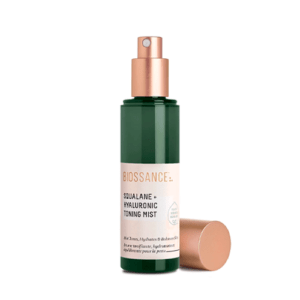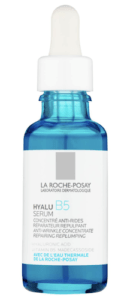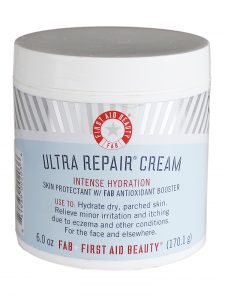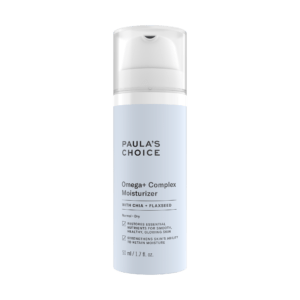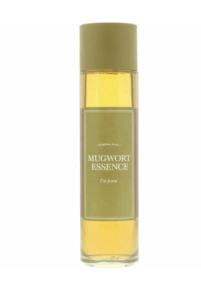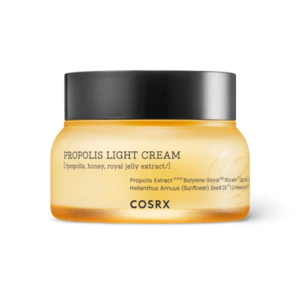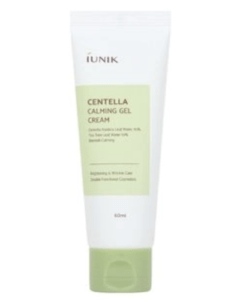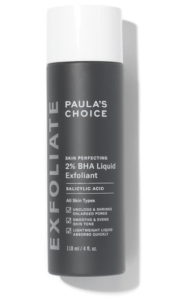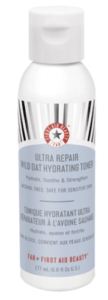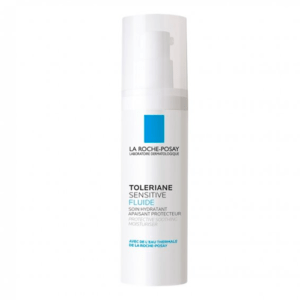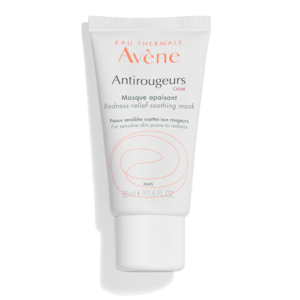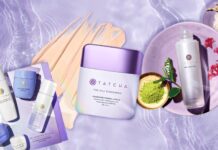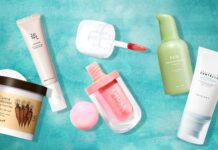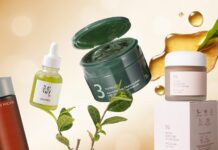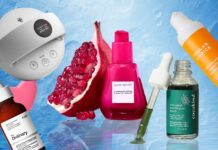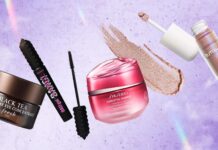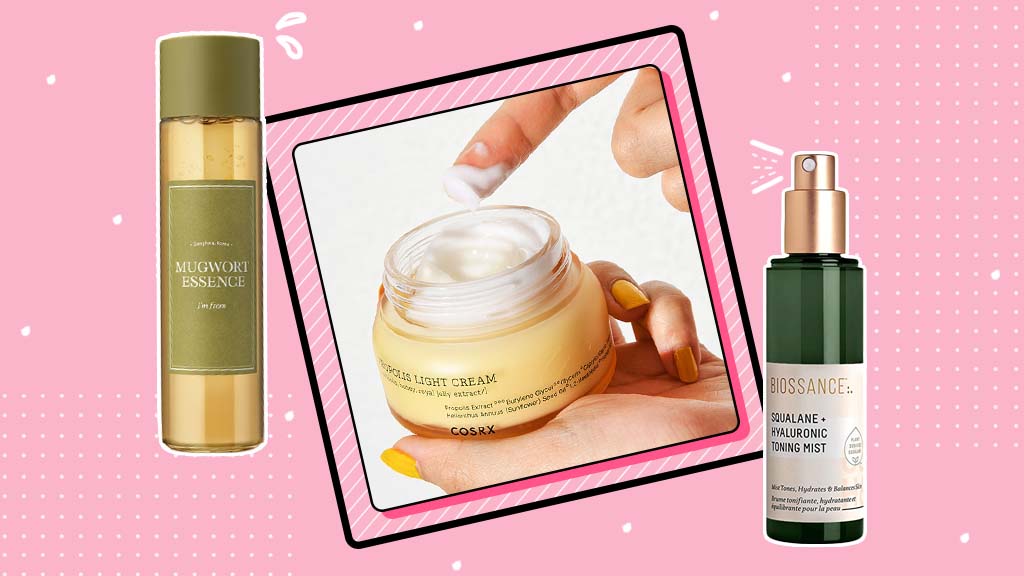
Life isn’t life without stress. With the events going on right now, it’s easy to fall into a negative mindset and neglect our health. The same goes for your skin. When we’re overly stressed, you might notice extra pimples popping up here and there, along with dullness and even wrinkles. Curious on why this happens? Here’s everything you need to know about stress and stress acne.
Stress: The Good and the Bad
Let’s take a step back to address something important. When we hear the word “stress,” chances are that we associate it negatively. When you’re overwhelmed, it’s most likely due to stress. Health problems? Stress. Feeling overwhelmed? Yeppers. It’s from stress – and you’re correct to think that way.
What’s not highlighted often, though, is how stress can actually play positive roles too! While it’s true that stress can contribute to these unpleasant reactions, we often forget it can become our best motivator. For example, stress can help us adjust to new situations, think critically, complete tasks, and even motivate us to solve problems and challenges. So stress can actually go both ways.
Let’s talk about stress acne
Have you noticed that every time you’re about to go through a major event in your life, your skin seems to think it’s the perfect time to start breaking out? That’s because it’s true – your skin is a great indicator of reflecting your body’s internal changes. When you’re busy preparing for a graduation ceremony, wedding, a major exam, or events out of your control, the brain secretes stress hormones (including cortisol and adrenaline) to help you go through that event. You’ll also notice that you’ll find changes to your diet, sleep, and energy levels during these times. So when you start noticing changes in your skin, this indicates that too much cortisol is in your system. And depending on your skin type, there are four ways it can affect your skin, including stress acne.
4 ways stress hormones can affect your skin
For dry & dehydrated skin types: it compromises the skin barrier
If you notice your skin looking pale, dry, parched, and even taut, you’re facing a compromised skin barrier. Your skin barrier is what protects you from the outside world. Be it dust, pollutants, sun’s UV rays, and bacteria, your skin’s working 24/7 to protect you from any potential threat of harm. At the same time, your skin relies on moisture to keep the barrier secure so that it’s functioning properly. When your skin produces too much cortisol, oil production slows down, and the moisture from the deeper layers of your skin will evaporate at an increased rate. This can lead your skin to take on a shriveled and dull-looking appearance.
What you can do: Since your skin is lacking moisture, the best remedy is to replenish it. By doubling down on hydrating products like water-based toners, essences, and serums, you can increase the moisture content in your skin. Make sure you seal off with a rich and creamy moisturizer to trap all that hydration in.
Product recommendations
For oily & acne-prone skin types: it overproduces oil production (and eventually, acne)
For this category, excess levels of stress hormones might be the reason why your face is looking more oily than usual, or you’re spotting extra zits here and there. This is because excess cortisol can cause your sebaceous glands to go into overdrive, which can eventually lead to clogged pores and acne breakouts. So if you’re noticing new pimples popping up in the T-zone area (your forehead, nose, or the chin), this is most likely the reason why. Who said stress acne isn’t a thing?
What you can do
While this might seem like the perfect time to bring out your alpha hydroxy acids, vitamin C, and benzoyl peroxide, it’s actually best to put them aside for now. Your skin is currently in a sensitive state and potentially increases the likelihood of irritating your skin. Instead, focus on incorporating calming ingredients like aloe, tea tree, honey extract, green tea, mugwort, and Centella Asiatica. For your inflamed pimples, you can spot-treat with salicylic acid or azelaic acid to calm inflammation, unclog pores, and kill acne-causing bacteria.
Product recommendations
For sensitive skin types: it can make inflammatory skin conditions worse
If you have skin conditions like eczema, rosacea, or psoriasis, high cortisol levels can, unfortunately, trigger flare-ups and itching due to increased inflammation throughout the body. Even those with existing acne might notice the breakouts looking and feeling worse. So if you notice additional swelling and redness from any existing pimples and new breakouts, it’s likely due to inflammation.
What you can do
Just like the acne tips above, it’s best to incorporate products containing ingredients that can calm and soothe the skin. Ingredients such as allantoin, colloidal oatmeal, ceramides, bisabolol, and licorice are wonderful for calming sensitive skin. If possible, try to incorporate fragrance-free skincare products that help nourish the skin and calm it down.
Product recommendations
For anyone coping: it might cause you to form scars
This is indirect, but it can happen. In trying to cope with stress, there might be times when you have the urge to pick at your acne. When we’re very stressed, we can easily feel overwhelmed and out of control; and the responses we engage in can act as attempts to calm ourselves down and cope. For some, skin picking can be one of these habits. While it’s normal to engage in skin picking here and there, it can become an indicator for something more serious if you’re noticing that you can’t stop, or you’re picking to the extent of breaking the skin, causing bleeding, or developing scars.
What you can do
If you catch yourself picking at your skin, try to prevent looking at highly magnified mirrors and place extraction tools in an out-of-reach location. You can also try to turn to other self-care activities to de-stress and help distract you from picking at your skin. If all else fails, perhaps it’s time to reach out to a trusted friend or consult a medical specialist or therapist.
Shop all our curated faves on the Beauty Within Shop: https://beautywithin.com
Subscribe to our YouTube Channel for more information and product recommendations: youtube.com/c/BeautyWithin

